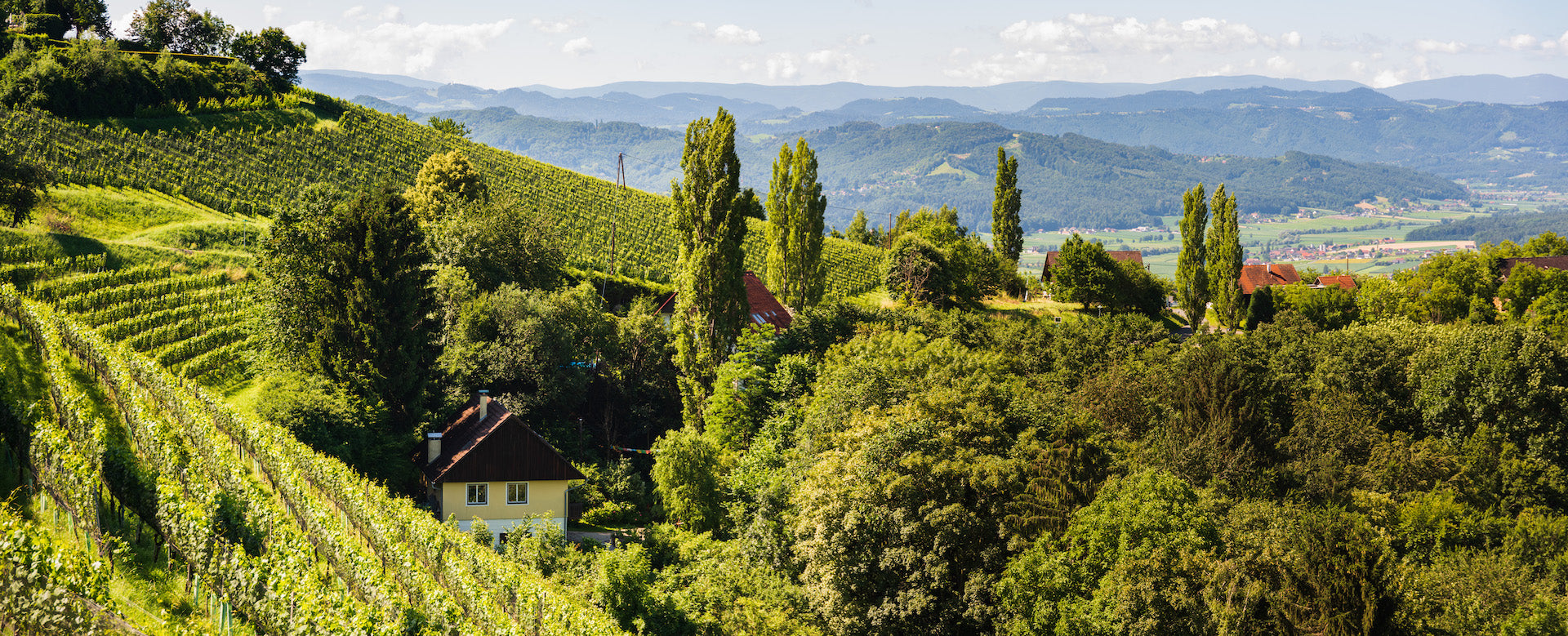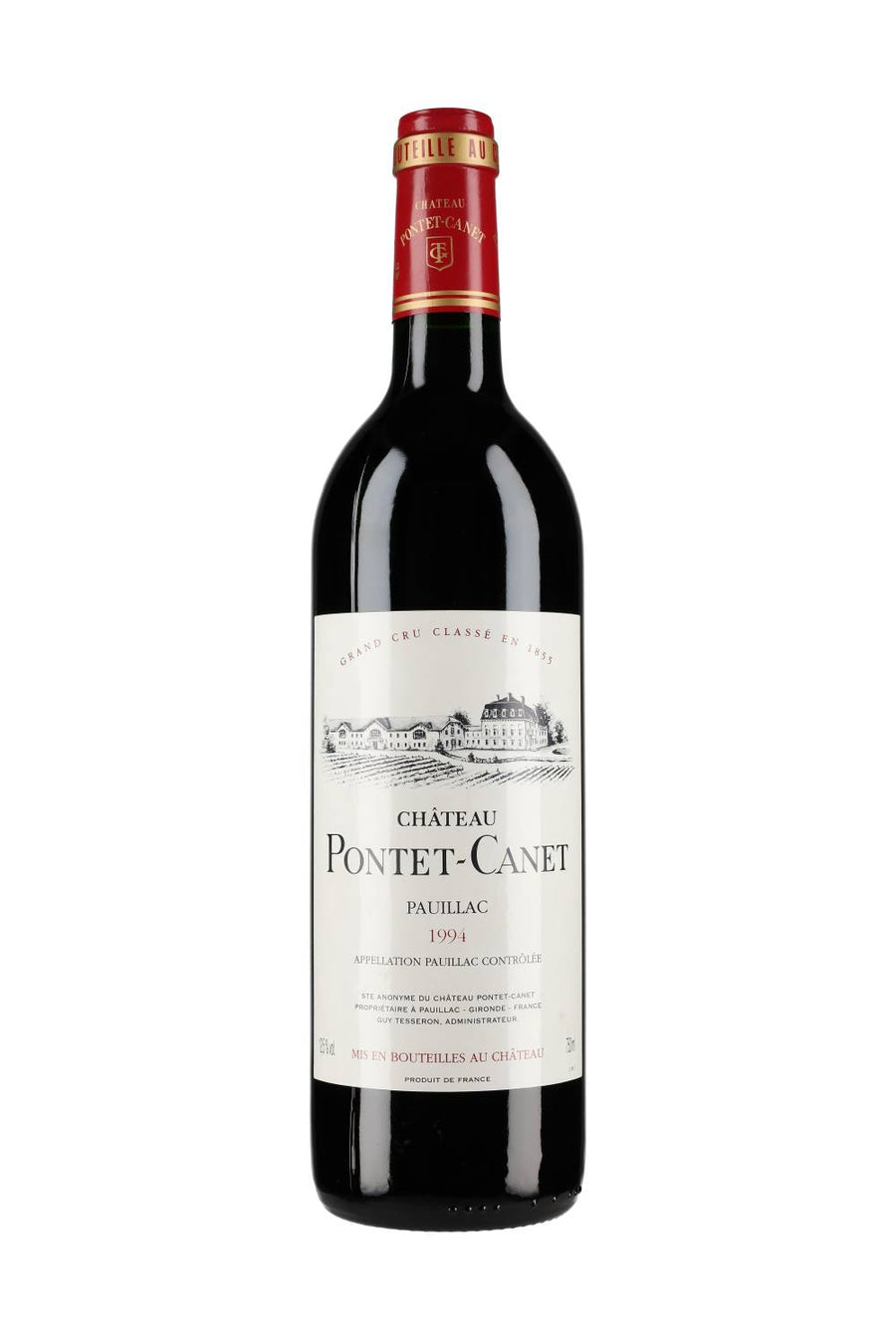
Château Pontet-Canet
Château Pontet-Canet is a renowned wine estate in the Pauillac appellation of Bordeaux, France, classified as a Fifth Growth in the 1855 Bordeaux Classification. Despite its ranking, the estate is widely recognized for producing wines that often rival those of higher-ranked châteaux. Founded in 1705 by Jean-François de Pontet, the estate expanded under his descendants and was later acquired by the Cruse family in 1865. In 1975, it was purchased by the Tesseron family, who transformed it into one of Bordeaux's most innovative estates.
Located in the Médoc, Château Pontet-Canet spans 81 hectares of vineyards, predominantly planted with Cabernet Sauvignon (65%), Merlot (30%), along with smaller amounts of Cabernet Franc and Petit Verdot. The vineyard benefits from Pauillac's gravelly soils, which provide excellent drainage and contribute to the power and complexity of its wines. Under the direction of Alfred Tesseron, the estate began a pioneering shift to biodynamic viticulture in 2004, making it one of the first major Bordeaux estates to fully adopt organic and biodynamic practices. They avoid synthetic chemicals, relying on natural methods, and even use horses for plowing to reduce soil compaction.
The estate's flagship wine, Château Pontet-Canet, is a classic Pauillac blend dominated by Cabernet Sauvignon, known for its richness, depth, and firm tannic structure. It often features complex aromas of black fruits, tobacco, and graphite, with the ability to age for decades. Though classified as a Fifth Growth, Pontet-Canet's wines are often regarded as "super second" in quality, frequently outperforming higher-ranked estates.
Château Pontet-Canet has earned widespread acclaim for both its environmental commitment and the exceptional quality of its wines. The estate is a favorite among collectors, particularly noted for its aging potential, and is regularly ranked among the top producers in Bordeaux.






